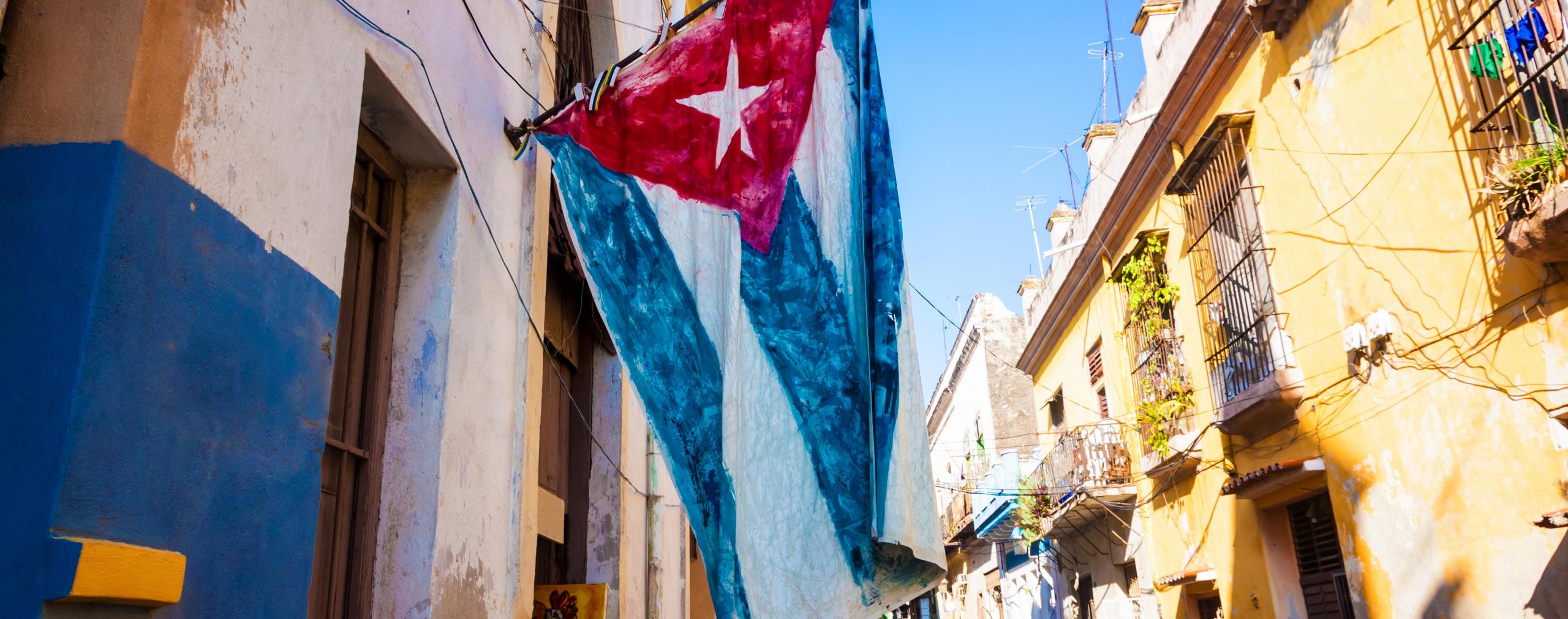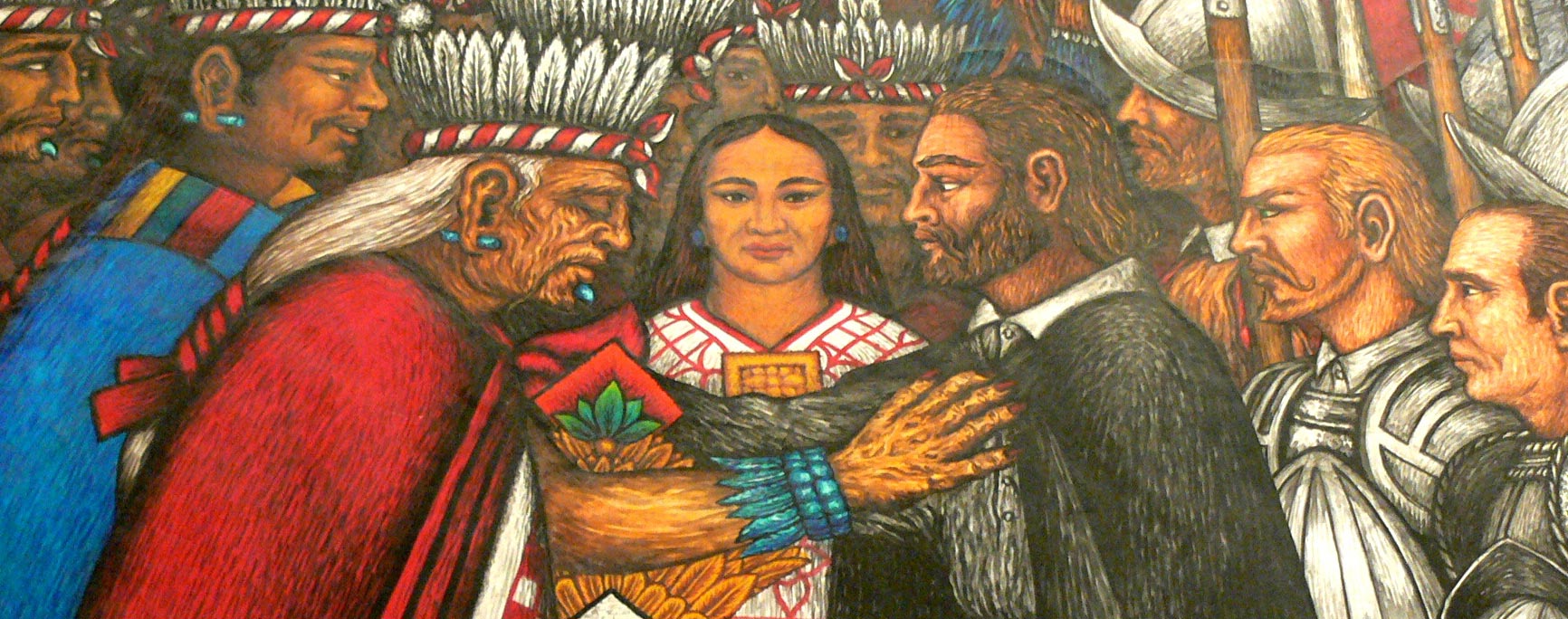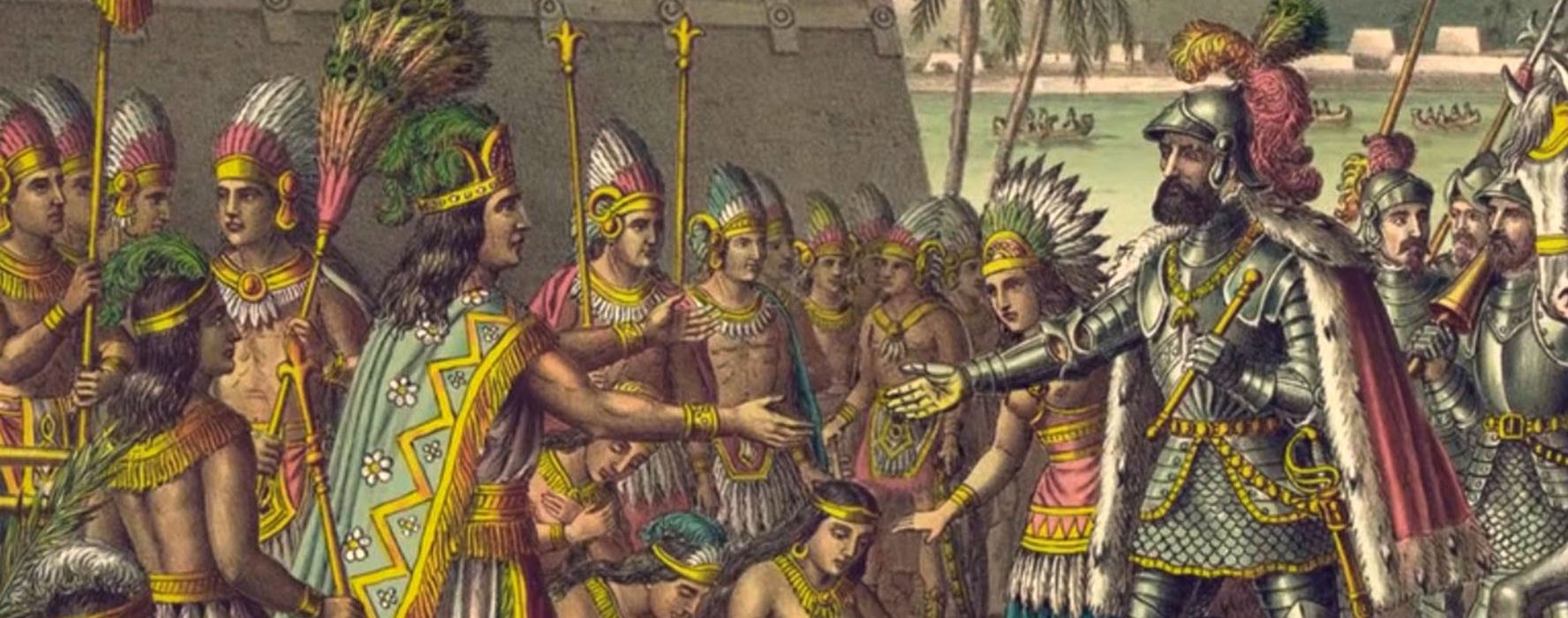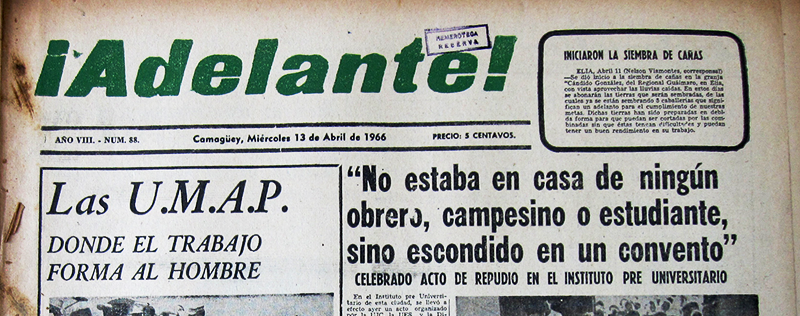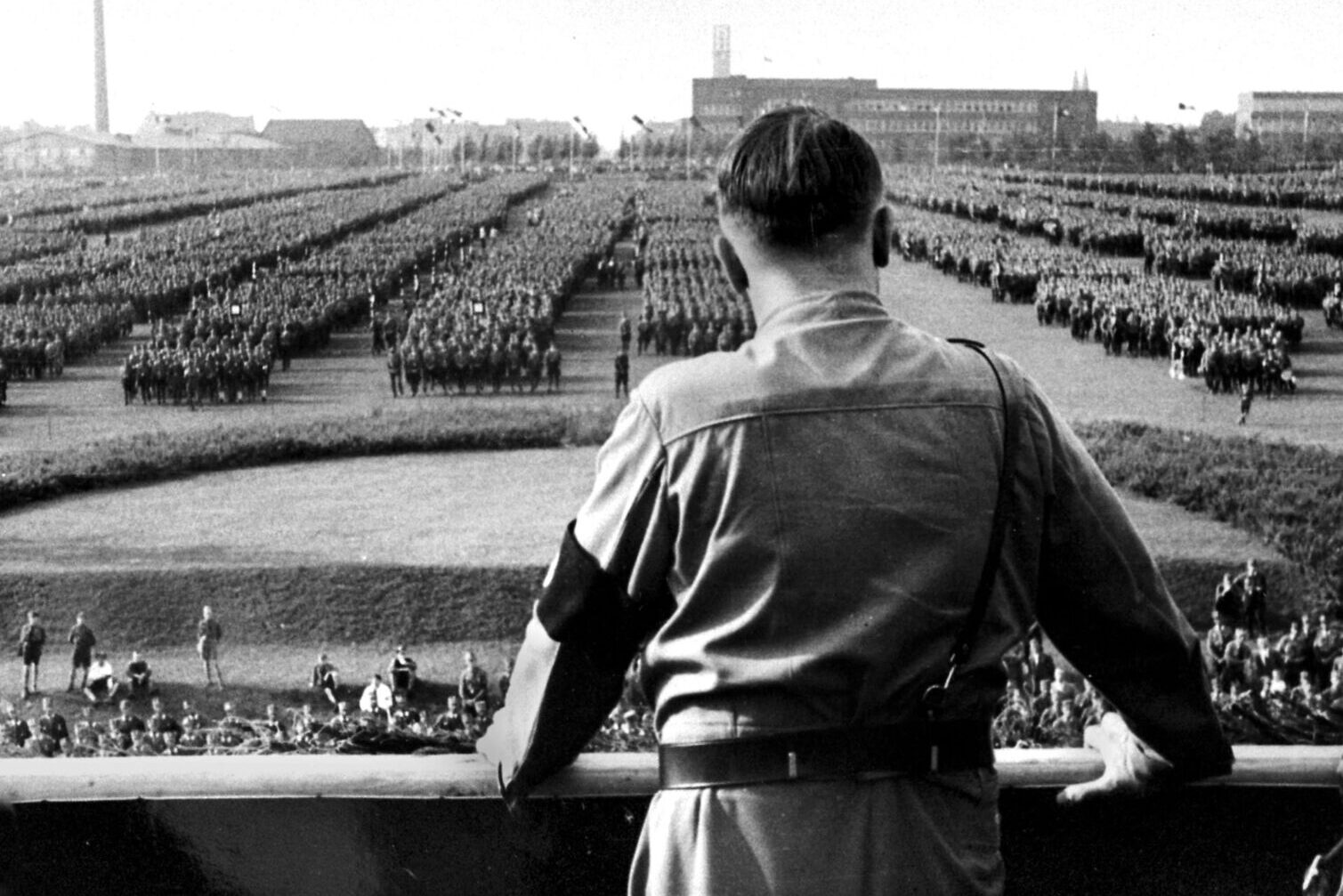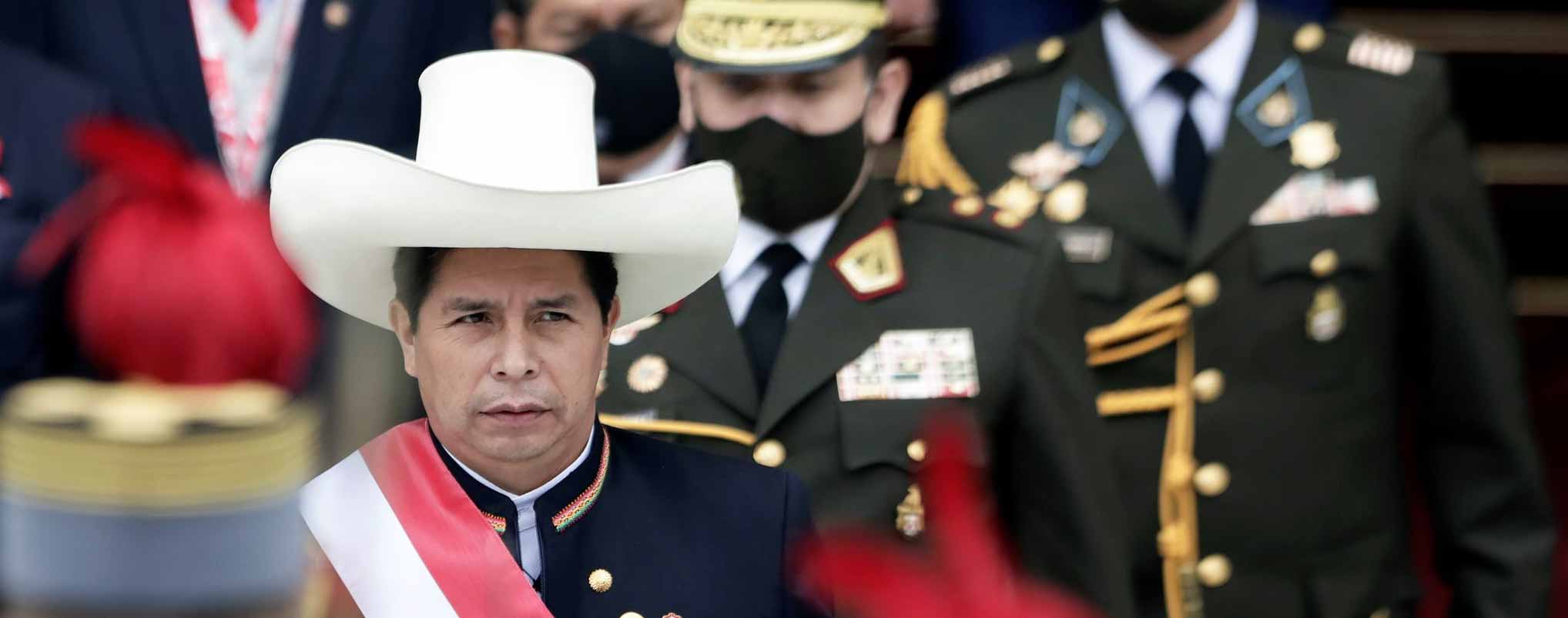Source:Fundación Disenso
Cuba is an expression of the crisis that the countries most committed to the agenda of the Sao Paulo Forum are suffering.
LLast weekend thousands of Cubans took to the streets peacefully with one demand: Freedom. The regime has reacted by asking its supporters to take to the streets in order to show the strength of the revolution. The signal, whatever happens, is clear. Fed up, lack of opportunities and poverty have awakened a significant percentage of the population. People who deserve all our respect, as they are confronting the longest-lived and bloodthirsty dictatorship in the Ibero-American region.
The response of the island’s government has not been long in coming, with numerous arrests and various acts of repression against the population. Cuba is an expression of the crisis that the countries most committed to the agenda of the Sao Paulo Forum are suffering. At the moment, we can safely say that Cuba, Venezuela and Nicaragua are estates ruled with an iron fist. Unscrupulous dictatorships struggling to survive. In fact, what has happened in Cuba this weekend took place in Nicaragua during the demonstrations in 2018 and right now, with more than 150 opponents detained and incommunicado. Both cases show us the route that political systems in which the extreme left governs will take. Wherever they have power, the leftists will deepen totalitarianism in order to take absolute control of society.
Ibero-America must defeat communism if it is to move towards development, building fairer societies with strong middle classes. But at this moment, international pressure needs to be exerted on the three nations mentioned above. It is clear that the policy of sanctions imposed by the United States and the European Union has not borne fruit. A greater commitment is needed to financially suffocate the Ortega-Murillo family, Maduro and his henchmen and the Cuban Communist Party. Only in this way, by following the money and isolating them, can we contribute to defeating them from the outside.
In addition to the existing dictatorships in Ibero-America, we can observe two situations in other countries. First, there are those that are about to change their constitutions, with the risk that such action entails. Second, there are states governed by centre-right or right-wing parties that are unable to respond to citizens’ problems, preoccupying themselves with irrelevant agendas that matter little to the citizenry and thus motivating pressure from the forces of the Sao Paulo Forum.
Defeating the Forum in the region implies differentiated strategies depending on the situation in each country. What actions should take place in those countries where the left is not in power? Two scenarios are envisaged. Those in which the left is promoting constitutional reform to move towards a system similar to the one designed by the Sao Paulo Forum; and those in which the right or the centre-right governs. In the former, the path has already been defined: constitutional reform. This can be seen in Chile (already immersed in the process and with a weakened opposition) and in Peru, should Pedro Castillo become President of the country. Citizens in both countries should be alert, as the content of the reform is likely to lead to a more socialist system, replicating the measures recommended by existing dictatorships in the region. In Chile, the Constituent Assembly has one year to present the draft constitution. In Peru, there is still the possibility of not reforming the Magna Carta.
Finally, there are the countries where the right is in power. At the moment, these nations suffer from major social and economic challenges and, as indicated above, governments do not seem to be able to respond to the problems of the population. The pandemic has devastated the economy of a large number of families and discontent has been growing. This is the situation in Colombia, Brazil and countries such as Guatemala. The legitimate protests carried out by various groups of the population open a window of opportunity that has been taken advantage of by left-wing groups with the aim of destabilising these nations, provoking an abrupt change of government. Anti-communist governments must be more effective in providing solutions, otherwise, the disaffection generated will make it easier for the radical left to seize power, thereby deepening the totalitarian drift in the region.
There is an opportunity to defeat the Sao Paulo Forum. We must recognise the inherent evil in the communist ideas that guide it. Only in this way, by showing the misery, the lack of freedom and the erosion of the rule of law to which its proposals lead, can we stop the dictatorial drift suffered by the region where the left is in power. This is the only way to stop the vicious political circle that has marked Latin American political life for more than twenty years.
Share this article
On This Day
- 1528 Prince Felipe is sworn as heir to the Spanish kingdoms in Madrid.
- 1593 The city of San Salvador de Jujuy (Argentina) is founded by Francisco Argañaraz y Murguía.
- 1776 Battle of Lexington and Concord (United States).
History of Spain
26 August 2020
27 January 2021
Communism: Now and Then
23 December 2022
28 July 2021
